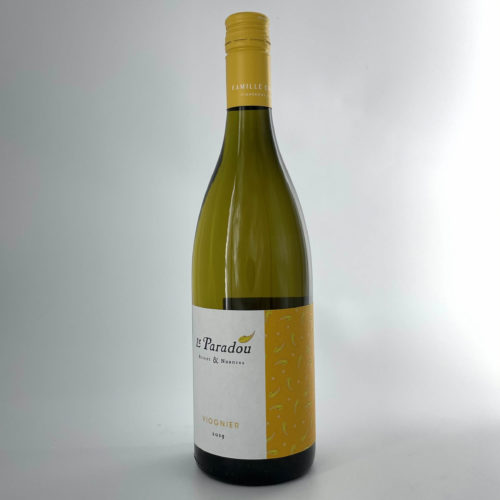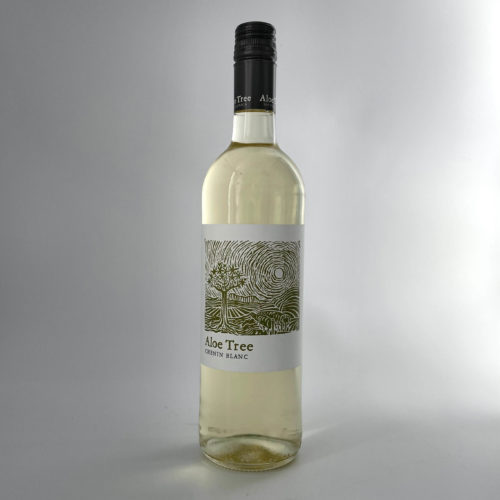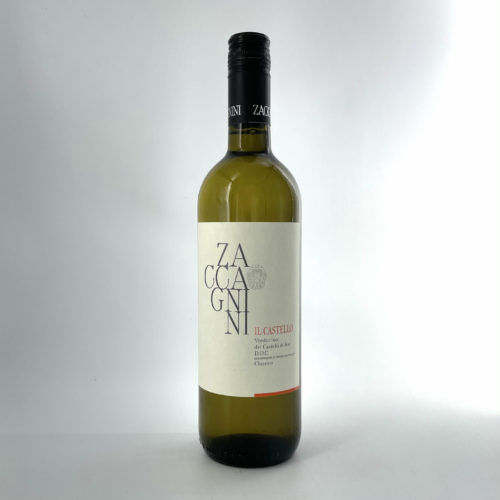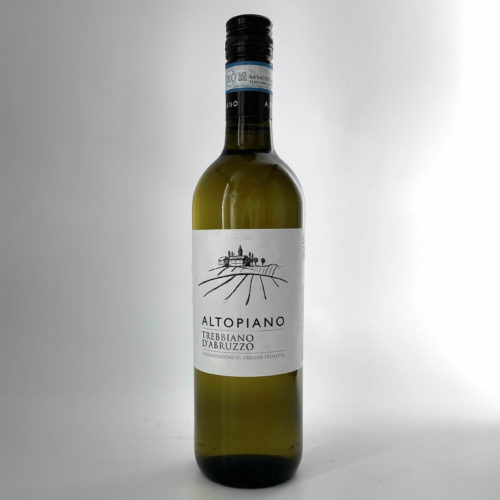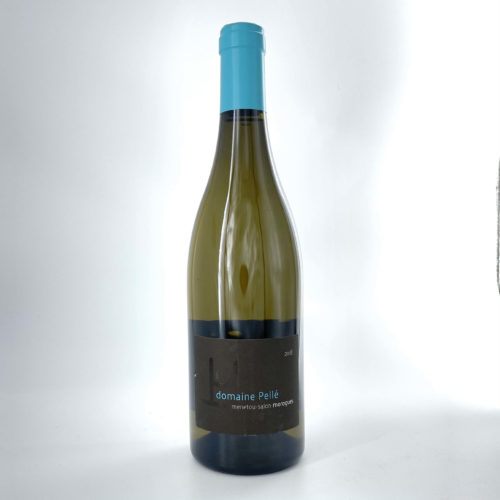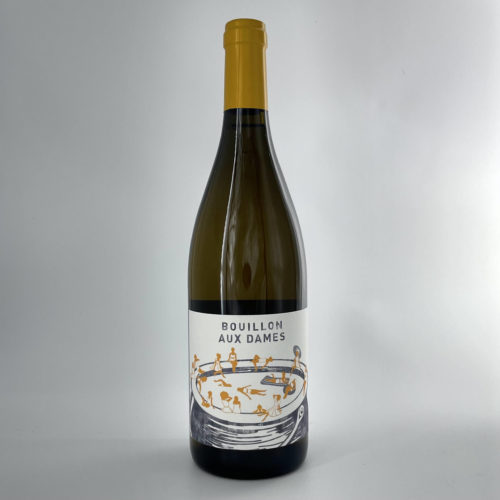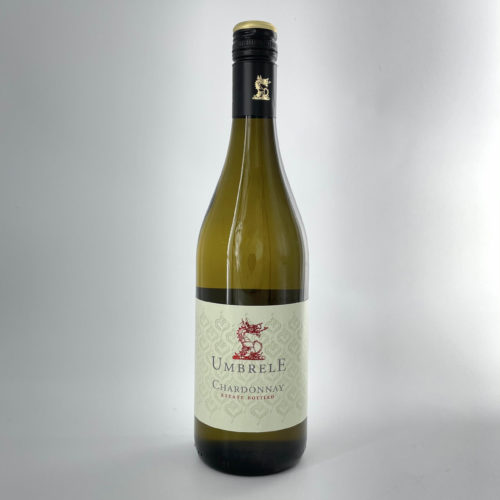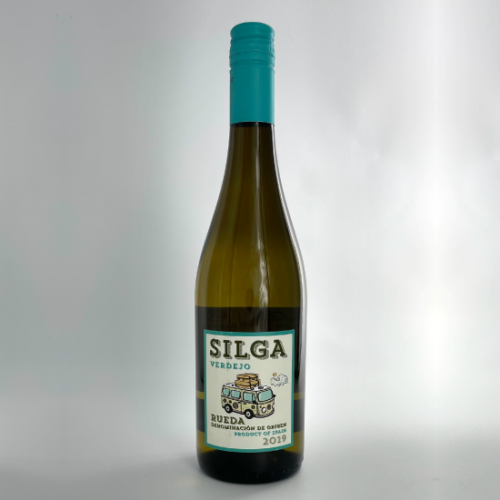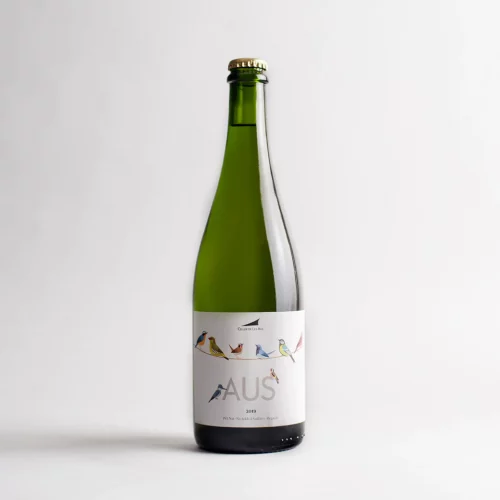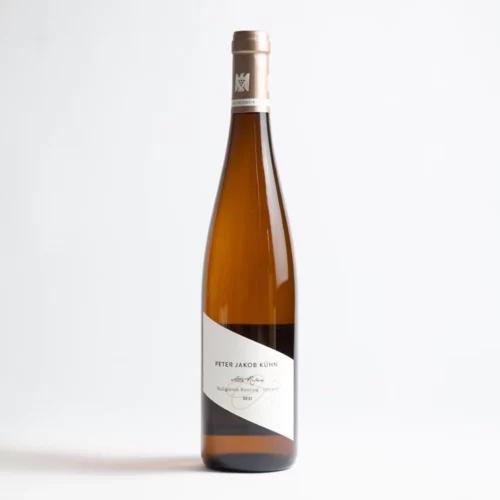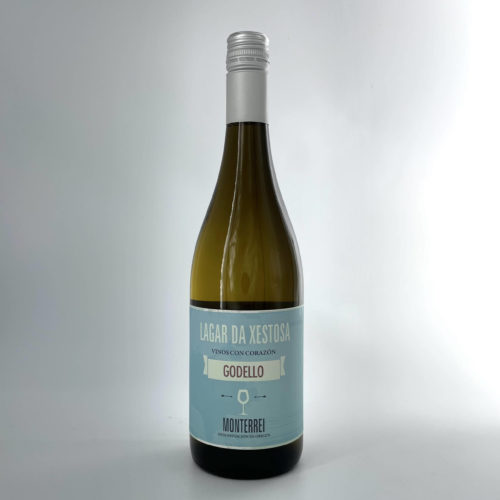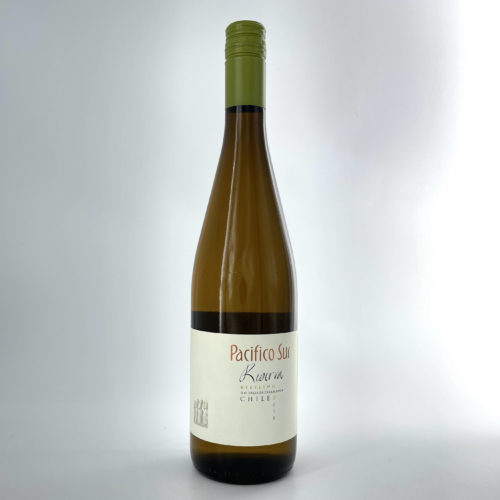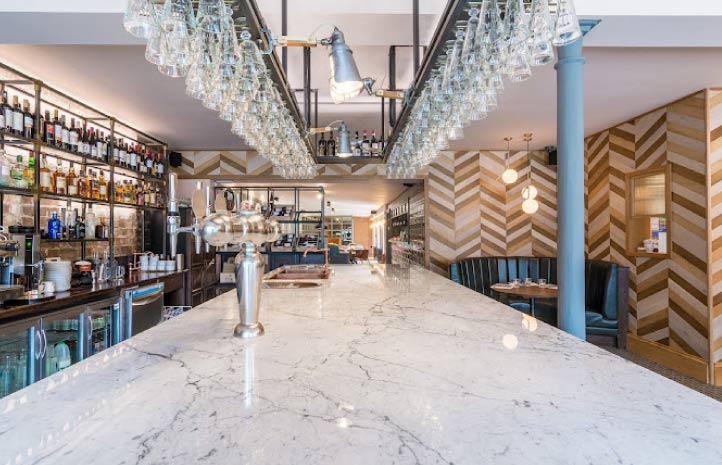Viognier Le Paradou, Chateau Pesquie, Ventoux, France
This family run domaine came to being in the early 1970s, when Odette and René Bastide spotted the potential of the Ventoux region and took over an area of rundown vineyards. In 1985 Edith and Paul Chaudière took control and created one of the first independent wineries of the AOC, in an area which had previously been dominated by cooperatives. In 2003, Paul and Edith handed over the running of the estate to their two sons, Alexandre and Frédéric, who have since set about converting the domaine to organic farming. They are blessed with vineyards in an enviable location, ideally situated at the crossroads between the Alpine and Mediterranean worlds. An average altitude of the vineyards of more than 300 metres and the wide variation of temperatures between days and nights create an excellent physiological balance in the vines, adding colour, concentration and balance to their wines.
Chenin Blanc Aloe Tree, Western Cape, South Africa
The fruit for Aloe Tree hails from the increasingly fashionable west coast of the Cape.
Cool nights and sea breezes combine to extend the growing season, resulting in perfectly balanced, ripe grapes. The iconic Aloe Tree image is sure to be familiar to anyone who has travelled widely through the Cape and is an important part of the biodiversity which South Africa is famous for. The characteristic silhouette provides a backdrop to one of the most spectacular wine regions in the world where wines grow in harmony with the thousands of plant species that make up the Cape Floral Kingdom.
Verdicchio dei Castelli di Jesi Classico, Zaccagnini, Marche, Italy
On the opposite coast to Tuscany lies the less well known, but no less beautiful, region of Marche. This is where you will find the family run Zaccagnini winery, established by two brothers.
Playing to their strengths, they have focused on the local grape Verdicchio, and the results are spectacular. Their range of three Verdicchios are as distinctive and individual as you could wish for, with each wine having its own personality and textural signature. All are benchmark examples of this lesser known region on the East coast. Whilst they have been working organically for a few years, from the 2020 vintage, the wines are being certified as organic.
Trebbiano Altopiano, Feudo Antico, Abruzzo, Italy
Feudo Antico was created on a small plot of land in the heart of Abruzzo. It is in Italy’s smallest DOP and the first designation of its kind in Abruzzo.
Starting from the 2013 vintage, all wines are Magis certified, the most advanced project for the sustainability of wine production in Italy. Currently their 15 hectares are cultivated using native varieties producing limited yields to ensure quality is retained. Clearly they highly value the land they work and this attitude is continued in the winery where the fruit and wine come into contact with no wood whatsoever, only concrete and glass. This guarantees the purity of the fruit, and its flavours, are conveyed from the vineyard direct to the glass.
Mentou Salon Morogues, Domaine Pelle, Loire Valley, France
For a long time, Menetou Salon was viewed as the poor relation of nearby Sancerre. Producers such as Domaine Pellé have ensured that is no longer the case. Anne and Paul-Henry Pellé currently preside over the family estate, the 4th generation of the Pellé family to tend vines here. They farm in a truly sustainable manner and aim to communicate the unique expression of the Menetou Salon terroirs in each bottling. Their ‘Morogues white’ is a blend of 7 different parcels from the highest slopes of the appellation. This location ensures the vines, which are rooted in Kimmeridgian marl soils, are exposed to cool temperatures coupled with long sunshine hours
Chenin Blanc Bouillon aux Dames, Les Equilibristes, Languedoc, France
Les Equilibristes is the brainchild of this pair as they aim to produce one of a kind, quirky cuvees from small estates all across France. Most importantly, their central ideal is to fashion wines that possess the équilibre (‘balance’). Each year, they visit their grower friends and purchase a select amount of grapes from which they produce terroirs-driven, organic cuvees that express a clear identity and sense of place. The results are simply stunning, as Florent (the winemaker) uses little to no added sulphites and other minimal intervention techniques to allow the grapes to truly speak for themselves.
Chardonnay Umbrele, Vilie Timisului, Romania
The Cramele Recas Estate, owned by Englishman, Philip Cox and his Romanian wife Elvira, have put in a huge amount of work into transforming their slice of grape growing history into a contemporary winemaking haven.
The immaculate vineyards are a combination of evolved plantings from 1447 and much more recent plantings too. With recent investments into modernising and improving their winery, they regularly host world class flying winemakers, vintage to vintage, to work with their team. This enables them to create top quality wines and constantly challenge themselves push innovations and approach winemaking with an open mind.
Verdejo, Silga, Alvarez y Diez, Do Rueda
Alvarez y Diez is one of the most important producers of the D.O. Rueda. They have made major investments to ensure that the winery is at the vanguard of changing wine styles in the region. Concentrating on the indigenous Verdejo and Sauvignon Blanc, they were one of the first to produce the crisp, herbaceous style that is associated with Rueda today and also the first to introduce screw caps to the region.
‘Aus’ Pet-Nat, Celler de les Aus, Allela, Spain
Located on the same site as Alta Alella is Celler de les Aus, headed by Mireia Pujol-Busquets – the daughter of Josep Maria. Mireia has already established a reputation as one of the most exciting young winemakers in Europe and, as well as assuming many of the roles from her father in the Alta Alella operation, she has established her own micro-project, producing natural wines without the addition of any sulphites. The small yet striking winery is filled to the brim with vessels of all shapes and sizes as Mireia continually experiments in an effort to produce wines that are as pure a representation of the Alella terroirs as possible. hak
Hallgarten Riesling Trocken, Peter Jacob Kuhn, Rheingau, Germany
It was no surprise Peter Jakob Kuhn had been voted German winemaker of the year for 2016 – his wines are some of the best examples of German produce we have tasted. The Kühn estate was founded in 1786 by Jacobus Kühn and has remained under the watchful eye of his family ever since. Now, along with his wife Angela, and their son Peter Bernhard (who, during his training completed a stage with our friends at Domaine Zind-Humbrecht), cultivates the family land biodynamically, producing a range of Rieslings which showcase the Rheingau terroir. A fervent believer in the ecological benefits of biodynamic farming, Peter is at present, the only producer to follow biodynamic principles in the Rheingau. His wines are made in a fearless manner, with as much as possible left to nature’s own course. His experimental cuvées include wines which have undergone extra-long lees ageing or been fermented and aged in amphora vessels. Peter is a producer we are delighted to introduce to you all and we firmly believe that his wines will become iconic in the very near future.
Godello, Lagar do Xestosa, Galicia, Spain
In 2002 Adegas Pazo do Mar was created. It was born of a 30-year family vocation, which respects and admires the age-old Ribeiro wine- making traditions, but has a fresh spirit and vision for the future.
Adegas Pazo do Mar is dedicated to the production of native varietals, including Godello. They are in pursuit of the perfect balance between traditional and modern methods to achieve characterful wines with distinctive freshness. Their commitment to quality led to Pazo do Mar recently investing in the very best of oenological technology.
Traditionally each generation of our family had used this historic site as their initial launching pad as each embarked on its particular quality crusade; but when it was our turn, in the early 2000s, we decided on a totally fresh start not just philosophically (our tenets to respect nature and go back to the old ways) but in a location of our own – with Alejandra running exports and communications, Marco the viticulturist, and Richard the oenologist.
Riesling Riserva Pacifico Sur, Valle de Casablanca, Chile
Tutunjian Estate have vineyards across the Central Valley region, with their oldest vineyards located in the prestigious Apalta region of the Colchagua Valley. Well known for their expertise with Malbec and Carmenere, they also work with many other traditional grapes, always choosing the best terroir for each.

